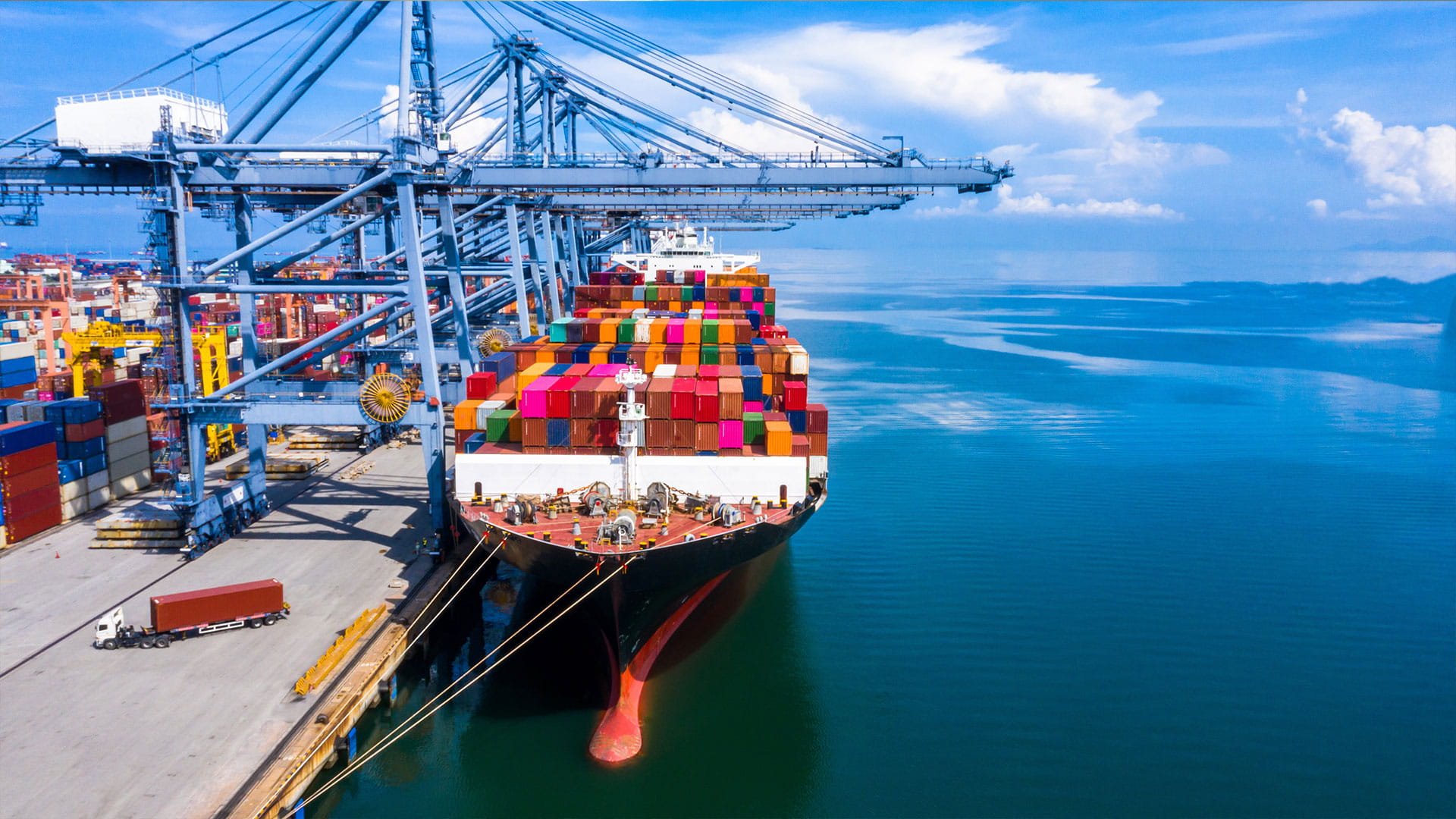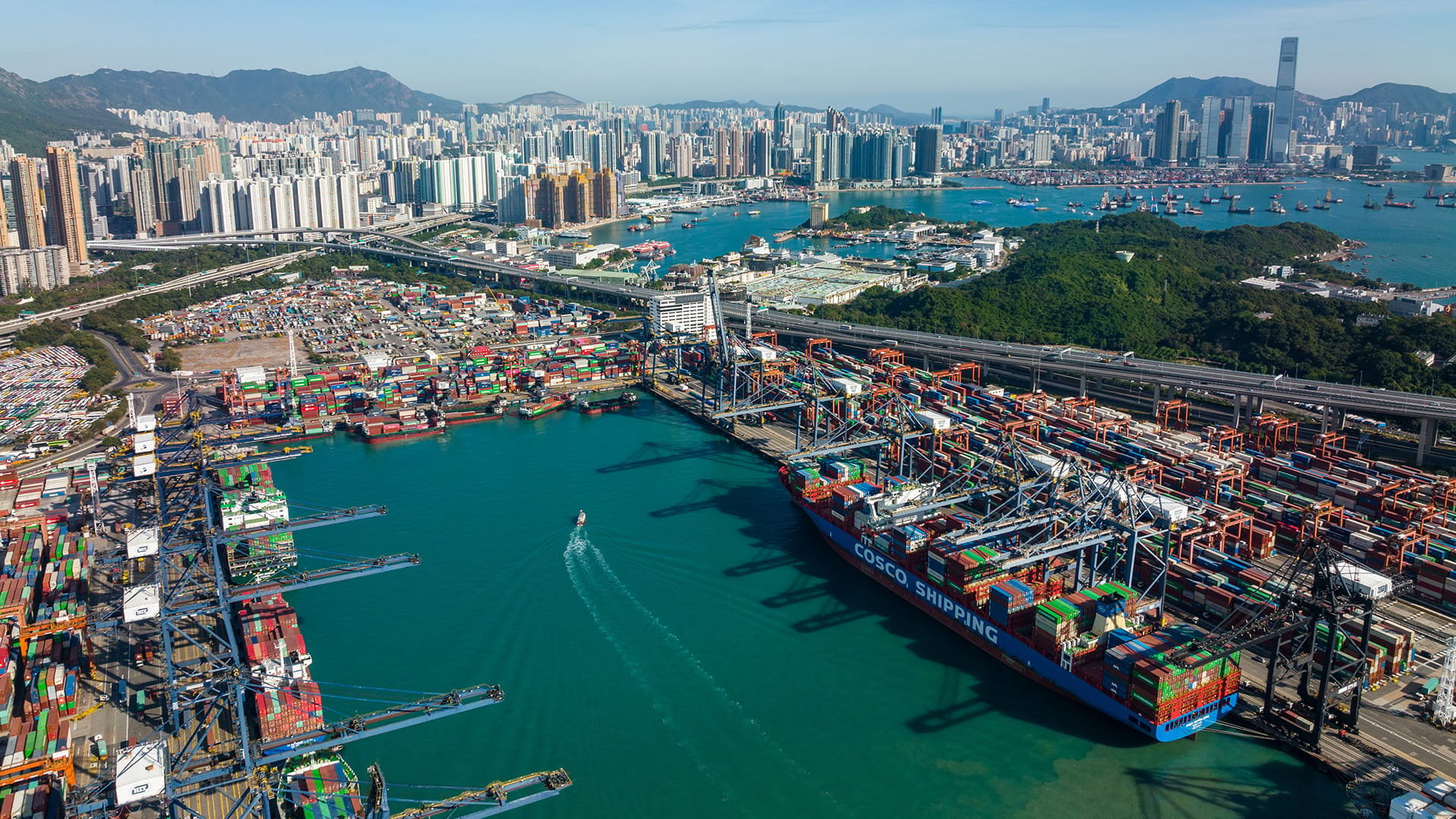Understanding the future of maritime supply chains

Project facts
- ClientThe Port of Rotterdam
- LocationRotterdam, The Netherlands
- PeriodMay – June 2021
- ChallengeDeveloping long-term planning scenarios in response to global economic and environmental change.
- SolutionProviding an independent view on the key drivers and trends for containerised cargo supply chains.
The challenge: updating scenario planning for long-term resilience
As the effects of economic disruption and climate change become more severe and unpredictable, ports must develop adaptable long-term plans based on likely scenarios to improve resilience and minimise damages.
The Port of Rotterdam needed to update its long-term scenario plans, but first, it required a comprehensive overview of the key drivers that will shape the future of containerised cargo supply chains up to 2050.
The Port of Rotterdam therefore commissioned Royal HaskoningDHV to help identify these drivers and what they might mean for its operations.
The solution: a comprehensive report on economic and environmental change from 2021 to 2050
By combining the port’s existing literature with our in-house expertise, and holding multi-disciplinary meetings between our experts, we identified the 22 key drivers likely to impact ports and supply chains between 2021 and 2050.
This included global economic, social, and climate changes, such as the circular economy, geopolitical stability, digitalisation and automation, and the dynamic cost of production.
We also provided a comprehensive report which included detailed fact sheets for each driver and its related sub-drivers, including what they mean, how they may develop over time, and their likely influence on maritime supply chains – especially at the Port of Rotterdam.
The result: an accurate and reliable long-term scenario plan
With access to our report, all associated reference literature, and a quick-look summary of major insights from the study, the Port of Rotterdam was able to directly apply our findings to its latest long-term scenario plans.
Together, we empowered the port with the predictive insights and visibility it needs to adapt to global change and protect its maritime supply chains for containerised cargo as far ahead as 2050.
Read more about maritime challenges and our solutions





